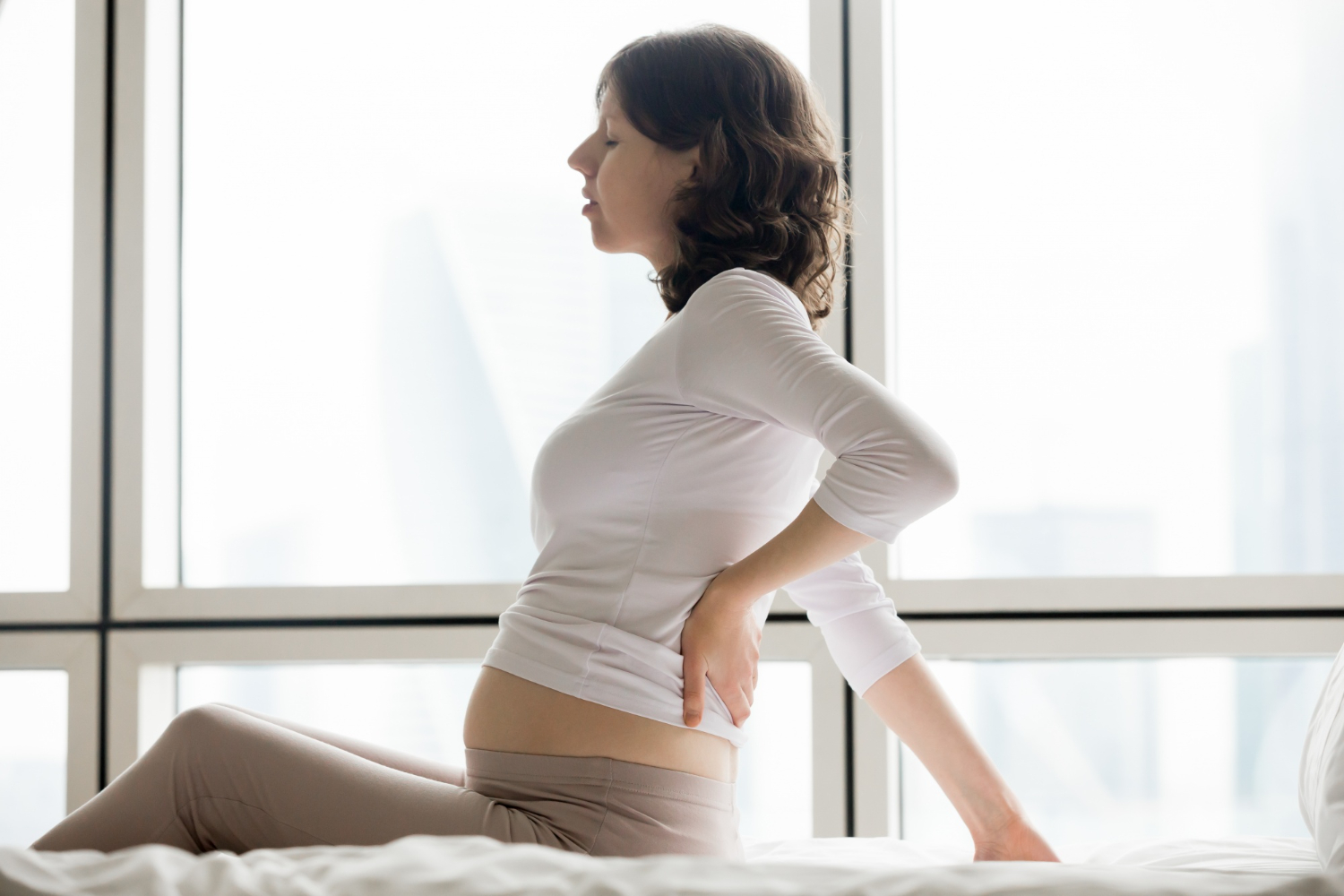As a woman who is diagnosed with scoliosis, you’re probably wondering how this will affect the rest of your life. And especially will it affect your ability to have children.
Your greatest concern might be whether or not scoliosis can interfere with your fertility, pregnancy, and later on, delivery.
All these are very justified fears, especially when you’ve been diagnosed with scoliosis recently, and you have very little information about it.
To help you, we made a little guide to tell you all you have to know about scoliosis and pregnancy. If you’re interested, keep on reading.
What is scoliosis?
We can define scoliosis as an abnormal lateral curvature of the spine. However, scoliosis is a highly complex condition that affects each person differently and each scoliosis case is very unique.
With that said most scoliosis cases involve the curving of the spine to the left or right into an S or C shape. Naturally, our spines have a slight forward or backward curve, but for people with scoliosis, the curvature of the spine is abnormal side-to-side curvature.
Most scoliosis cases are mild, but since it’s a progressive condition, it can worsen over time if not treated.
That’s why an expert scoliosis specialist from Brisbane recommends addressing and treating scoliosis from the moment it’s been diagnosed. The specialist will be able to make you a customized treatment plan.
Now that you know what scoliosis is and that it can be treated, let’s see if it can interfere with fertility and pregnancy.
Scoliosis and fertility
For young female patients diagnosed with scoliosis, the biggest concern is whether or not scoliosis will affect their fertility. There isn’t any evidence that suggests scoliosis has any effect on infertility issues.
If left untreated, scoliosis can become severe and develop complications but none of them include fertility issues. So, if you’ve been diagnosed with scoliosis, you can relax because it won’t affect your ability to conceive.
However, we recommend going to regular scoliosis treatments that will help you keep this condition in check.
Scoliosis and pregnancy
To ease your mind on this front as well, most women will notice that scoliosis won’t impact their pregnancy in any way. The only symptom most moms-to-be with scoliosis might suffer from is discomfort and lower back pain.
Most women, with or without scoliosis, will suffer from back pain at some point during pregnancy. This is nothing unusual.
However, if you do notice that back pain worsens during pregnancy, consult with your doctor. They will probably recommend getting off your feet, back rubs, and warm baths. Additionally, they may also suggest supporting your belly with a maternity belly band.
If the pain is still present, you can ask your doctor to refer you to an obstetric physiotherapist if you think that might help.
Scoliosis and delivery
No scoliosis-related problems during pregnancy doesn’t mean that moms-to-be don’t worry about labor and delivery. Can scoliosis affect your delivery?
In the past, scheduling women for C-sections because of their medical condition was normal. Today, we have more information about scoliosis and we know that women diagnosed with scoliosis can deliver their babies naturally without any condition-related complications.
But, of course, the type of delivery can also greatly depend on the severity of your scoliosis. As we mentioned, scoliosis is a highly individual condition, and if the case is severe, the chances of delivery complications are greater.
For instance, in the case of a severe scoliosis condition, breathing exercises for pain management can be challenging. So, instead of natural delivery, the doctor will recommend a C-section.
Can you get an epidural with scoliosis?
Since we mentioned pain management, it’s only natural to touch on epidural as a method of pain relief during labor. The most important question is if women with scoliosis can get an epidural.
Epidurals are a great option for pain relief during labor for many women. An epidural injection is a mix of steroids and local anesthetics injected into a specific area of the spinal cord.
For women with scoliosis, getting an epidural shot can be tricky because of the position of their spine. Before administering the injection, the anesthesiologist needs an X-ray image of your spine. The X-ray will help them know the precise position of your spine and the exact spot where to safely administer the drug. So, yes, women with scoliosis can get an epidural, but the process is a bit more complicated.
Will the baby have scoliosis?
Yet another thing moms-to-be with scoliosis worry about is if their baby will also have scoliosis.
It’s still unknown what are the exact causes of scoliosis. However, research suggests that there is a genetic component that can contribute to its development.
So, if you’re wondering if scoliosis is hereditary, the answer is yes. Your baby can inherit scoliosis. But still, there are no guarantees that your baby will inherit your “scoliosis gene”. Genetics is completely different, complex, and inexact science, so there’s no saying whether or not your baby will inherit this condition.
However, if you want to find out which conditions your baby might inherited from you, you can do prenatal testing and genetic counseling.
Conclusion
All in all, we can conclude that scoliosis is a condition that will vary from person to person. For many women, scoliosis has absolutely no effect on their fertility, pregnancy, or delivery.
But once again, it’s important to highlight that each case is individual, and highly depends on the nature of scoliosis and its severity.





